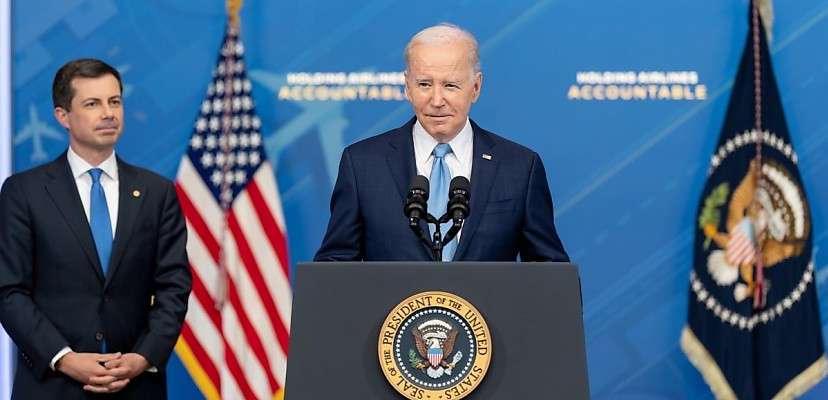Share this article on:
Powered by MOMENTUMMEDIA
Breaking news and updates daily.
US President Joe Biden has signed a new executive order to bolster the nation’s cyber security.

The order, titled Strengthening and Promoting Innovation in the Nation’s Cybersecurity, outlines new policies to defend against national security threats from China and other adversaries as well as better defend digital critical infrastructure.
“Significant malicious cyber-enabled activities continue to pose an unusual and extraordinary threat to the national security, foreign policy, and economy of the United States,” Biden told Congress yesterday (16 January).
“To address this continuing national emergency and protect against the growing and evolving threat of malicious cyber-enabled activities against the United States and United States allies and partners, including the increasing threats by foreign actors of unauthorised access to critical infrastructure, ransomware, and cyber-enabled intrusions and sanctions evasion”.
The executive order builds upon existing policies laid out in previous executive orders, including Executive Order 13694 of April 2015, which allows for sanctions against threat actors who pose a “significant threat to the national security, foreign policy, or economic health or financial stability of the United States”.
The latest executive order will make it easier to sanction threat actors who target federal agencies, whether they are advanced persistent threat (APT) actors, ransomware gangs and more.
Speaking with The Record, US deputy national security adviser for cyber and emerging technology Anne Neuberger said the goal was to make it more difficult for cyber criminals to launch these attacks.
“The goal is to make it costly and harder for China, Russia, Iran, and ransomware criminals to hack and to also signal that America means business when it comes to protecting our citizens,” she said.
The executive order will also introduce a number of other policies, such as the promotion of security regarding artificial intelligence (AI), improving federal cyber security through the adoption of industry practices, securing government communications against criminals and APTs, accepting digital identity documents to combat cyber crime and more.

Be the first to hear the latest developments in the cyber industry.